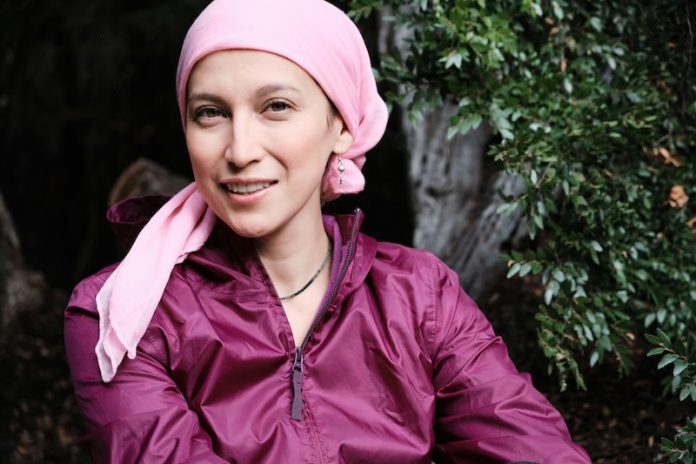
A new study led by Samsung Medical Center has found that women who survive breast cancer may face a slightly lower risk of developing Alzheimer’s disease (AD) compared to those who have never had cancer. The study, published in JAMA Network Open, also suggests that radiation therapy might play a role in this reduced risk.
Breast cancer is the most common cancer among women, with over 2.3 million cases diagnosed globally in 2022. Thanks to improvements in early detection and treatment, survival rates are now over 93% for early-stage disease. As more women live longer after treatment, researchers have begun to focus on the long-term effects of cancer and its treatment—especially on brain health.
Many breast cancer survivors report problems with memory, focus, and other thinking skills during and after treatment. This condition, often called “chemobrain,” has raised concerns about whether cancer or its treatment might increase the risk of Alzheimer’s and other forms of dementia.
However, past research has been mixed: some studies have shown a lower risk of dementia in cancer survivors, while others have found the opposite, especially in older women.
To explore this further, researchers examined data from South Korea’s national health insurance database. They compared 70,701 women who had surgery for breast cancer between 2010 and 2016 with 180,360 women of similar age who had no history of cancer.
All participants were followed for an average of 7.3 years, and Alzheimer’s cases were tracked using both clinical diagnoses and records of dementia medication prescriptions.
The results showed that breast cancer survivors had an Alzheimer’s rate of 2.45 cases per 1,000 person-years, compared to 2.63 in the cancer-free group. That translates to about an 8% lower risk of developing Alzheimer’s. The difference was especially noticeable in women aged 65 and older.
Interestingly, this reduced risk seemed to fade over time. After five years of surviving breast cancer, the risk of Alzheimer’s in survivors became similar to that of the cancer-free group. This pattern suggests that the protective effect might be linked to the time shortly after treatment.
The researchers also looked at different types of cancer treatments to see if any were linked to Alzheimer’s risk. They found that radiation therapy was significantly associated with a lower risk of Alzheimer’s. Survivors who received radiation had a 23% lower risk compared to those who did not.
Other treatments, such as chemotherapy drugs like anthracyclines and hormone therapies like tamoxifen or aromatase inhibitors, did not show any clear effect on Alzheimer’s risk.
While the study doesn’t prove that breast cancer or its treatments directly protect against Alzheimer’s, it does suggest that there may be a short-term period after treatment where the brain is less likely to develop the disease.
One theory is that radiation therapy might affect brain-related inflammation or other biological processes linked to Alzheimer’s, though more research is needed to understand the connection.
Overall, the study adds to growing evidence that the relationship between cancer and brain health is more complex than previously thought. For doctors and survivors, it highlights the importance of including brain health in long-term survivorship care, especially as more women live many years after breast cancer treatment.
Understanding these patterns could eventually lead to new ways of protecting the brain—not just in cancer survivors, but in the general population as well.
If you care about brain health, please read studies about vitamin D deficiency linked to Alzheimer’s and vascular dementia, and higher magnesium intake could help benefit brain health.
For more information about brain health, please see recent studies about antioxidants that could help reduce dementia risk, and coconut oil could help improve cognitive function in Alzheimer’s.
The study findings can be found in JAMA Network Open.
Copyright © 2025 Knowridge Science Report. All rights reserved.



